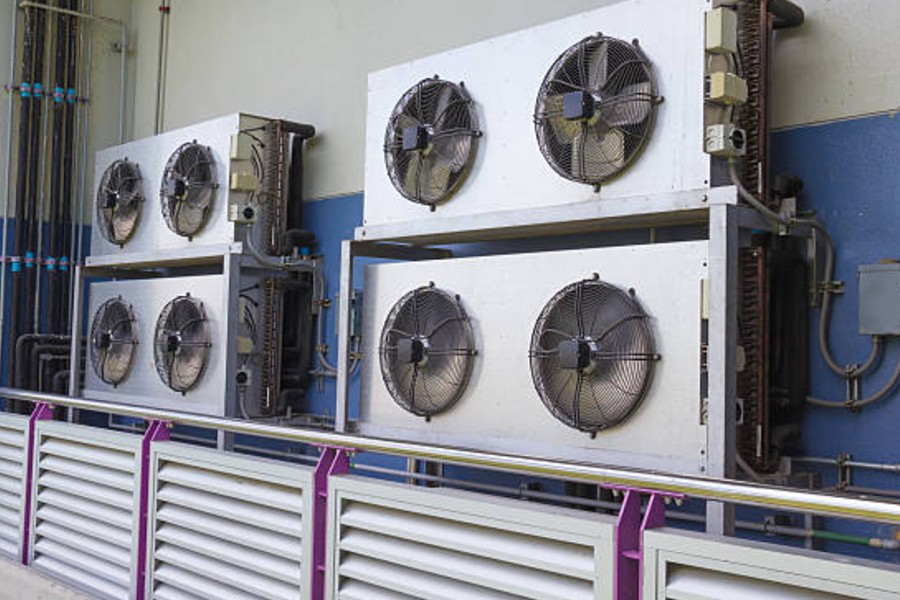
In any workplace, the health and safety of employees should be a top priority.
This is especially true for janitorial staff, who often work in environments where accidents can occur more frequently due to the nature of their tasks. Whether it’s handling cleaning chemicals, lifting heavy equipment, or working in wet, slippery conditions, janitors face various hazards daily. Having workers’ compensation in place is essential to ensuring their safety, well-being, and financial security. For this reason, janitorial insurance is not just a good idea—it’s a critical component of protecting these essential workers.
The Unique Risks Faced by Janitorial Staff
Janitors and custodial staff work in a variety of settings, from offices to schools, hospitals, and industrial facilities. Their responsibilities often involve tasks like cleaning, sanitizing, and maintaining large areas, which can expose them to multiple risks. These include:
- Slips, trips, and falls: Wet floors, cluttered hallways, and uneven surfaces can all contribute to slip-and-fall accidents. These are among the most common types of injuries in the janitorial industry.
- Chemical exposure: Many cleaning products contain harsh chemicals that can cause respiratory issues, skin irritation, or even more severe health problems if proper precautions are not taken.
- Repetitive strain injuries: Janitors frequently perform tasks that require repetitive movements, such as mopping, scrubbing, or lifting heavy objects. Over time, these repetitive actions can lead to injuries like carpal tunnel syndrome or chronic back pain.
- Injuries from machinery or tools: Some cleaning tasks may involve the use of machinery, such as floor buffers or heavy vacuum cleaners. If improperly handled, these tools can lead to serious accidents.
Given these risks, it’s vital that janitorial staff are covered by workers’ compensation, which can protect both the employees and the employer in the event of an accident or injury.
What Workers’ Compensation Covers
Workers’ compensation is designed to provide financial support to employees who are injured or become ill as a result of their job duties. For janitorial staff, this insurance typically covers a variety of expenses, including:
- Medical bills: Any costs associated with treating the injury, such as doctor visits, surgery, physical therapy, and medication, are covered by workers’ compensation.
- Lost wages: If the injury prevents the janitor from working, workers’ compensation can help replace a portion of their income during the recovery period.
- Disability benefits: In cases where the injury results in a temporary or permanent disability, workers’ compensation may provide additional benefits to help the injured worker manage their long-term financial needs.
- Vocational rehabilitation: If the injury is severe enough that the worker can no longer perform their previous job duties, workers’ compensation may also cover the cost of vocational training or rehabilitation services to help them transition to a new line of work.
For janitorial staff, who often work in physically demanding and potentially hazardous environments, these benefits are critical to ensuring their financial security and well-being after an accident.
Why Employers Need Workers’ Compensation
From an employer’s perspective, providing workers’ compensation coverage is not only a legal requirement in many areas but also a smart business decision. Without proper coverage, a single injury could result in costly medical bills and legal fees that could severely impact the business.
Additionally, having workers’ compensation can help maintain a positive relationship between employers and their janitorial staff. Knowing that they are covered in the event of an accident or injury fosters a sense of trust and loyalty among employees. It also demonstrates that the employer values their safety and well-being, which can lead to increased job satisfaction and lower turnover rates.
Another important consideration is that workers’ compensation helps protect employers from potential lawsuits. In most cases, when an employee is covered by workers’ compensation, they are not allowed to sue their employer for additional damages related to the injury. This legal protection can help business owners avoid costly and time-consuming legal disputes.
The Role of Janitorial Insurance
While workers’ compensation is a crucial component of protecting janitorial staff, it’s important to remember that it is just one aspect of a broader insurance strategy. Janitorial insurance packages often include a combination of coverage types, such as general liability insurance, property insurance, alongside workers’ compensation. Having comprehensive janitorial insurance ensures that both the employer and the employees are protected from a wide range of risks.
Workers’ compensation is an essential safeguard for janitorial staff, providing them with the financial support they need in the event of an injury. Given the high-risk nature of their work, it’s vital that employers prioritize the health and safety of their cleaning staff by ensuring they are covered under workers’ compensation policies. In conjunction with a comprehensive janitorial insurance plan, workers’ compensation helps create a safer, more secure work environment for everyone involved. This not only benefits the employees but also protects employers from financial and legal risks, making it a critical component in the long-term success of any janitorial business.
Become a Harlem Insider!
By submitting this form, you are consenting to receive marketing emails from: . You can revoke your consent to receive emails at any time by using the SafeUnsubscribe® link, found at the bottom of every email. Emails are serviced by Constant Contact








